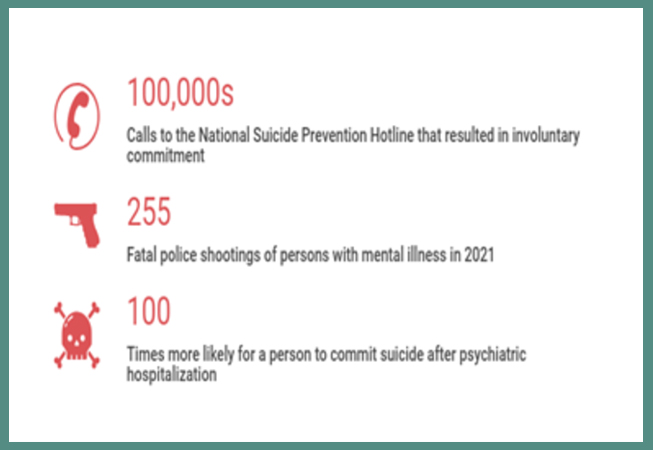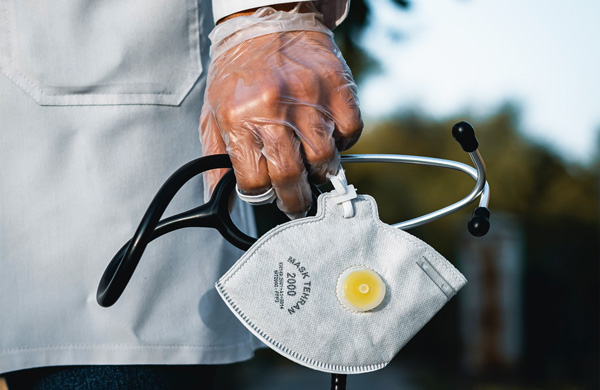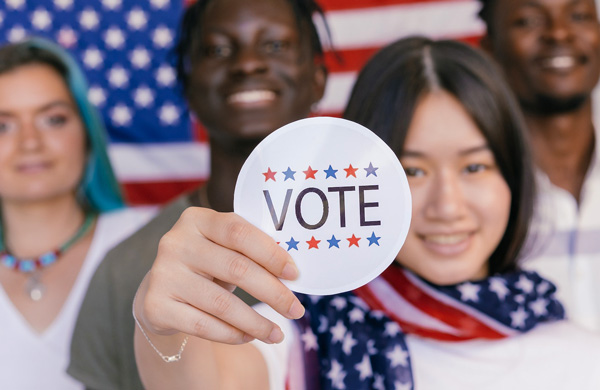Primary audience: health care organizations and providers


The new mental health hotline — 988 — has been heralded as a major step forward in responding to mental health crises without police involvement and the use of force. However, the program does not yet live up to its promises to stop a law enforcement response to a medical need.
The National Suicide Prevention Line (NSPL) is being converted to 988 and the hotline has been covertly tracing calls and geolocating individuals for years.
When a hotline worker is afraid of a caller’s statements, they do not send out social workers, mobile crisis teams, or make therapy referrals. Instead, hotline workers secretly screen callers with suicide risk assessments and then call 911 without their consent.
Countless callers described how traumatizing their experiences with law enforcement were and how they felt criminalized and no longer trusted help lines.
Many individuals have lost their employment or been saddled with significant medical debt because of involuntary and unnecessary commitment.


Research from JAMA psychiatry indicates that the risk of suicide increases 100 times after being released from a psychiatric unit and that calls to the NSPL have resulted in hundreds of thousands of psychiatric hospitalizations per year.
Involuntary hospitalizations are precipitated by the call to 911, which 988 is supposed to prevent. However, the policy of Vibrant, the 988 provider, is to contact law enforcement to perform “active rescue” for a caller they perceive to be a danger.
People with mental illness are 16 times more likely to be killed by police and account for 25% of fatal police shootings. The new 988 hotline needs to be transparent with callers that there is a threat of police involvement and involuntary commitment.
Hotline workers should be honest that they are conducting suicide risk assessments and remove themselves from any police involvement.
Providers and staff can offer some alternative options to patients, such as access to warm lines that are usually staffed by peers. When someone calls on one of the worst days of their life, they should be met with help and not handcuffs.
If you have questions please contact us on the Policy Team.



